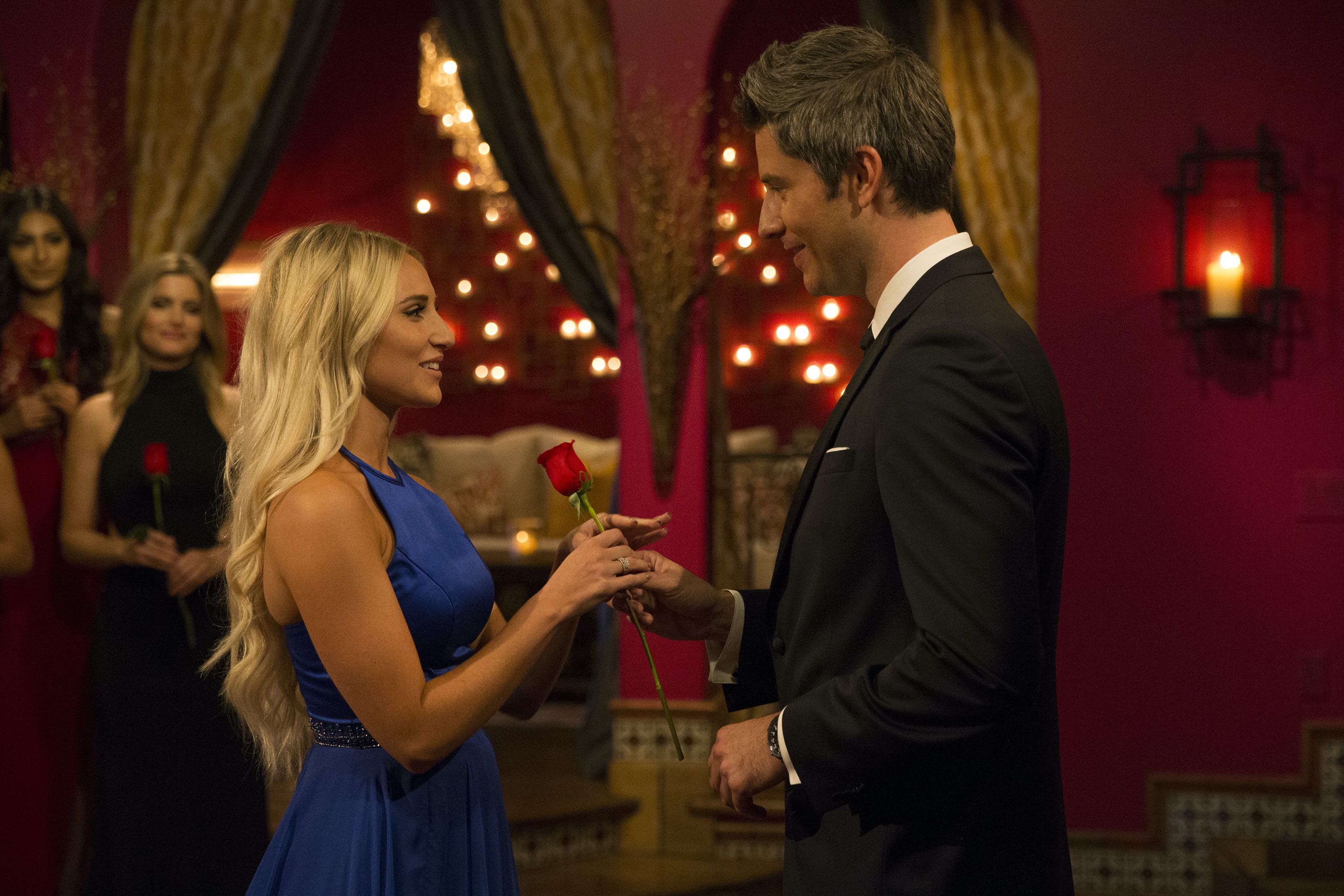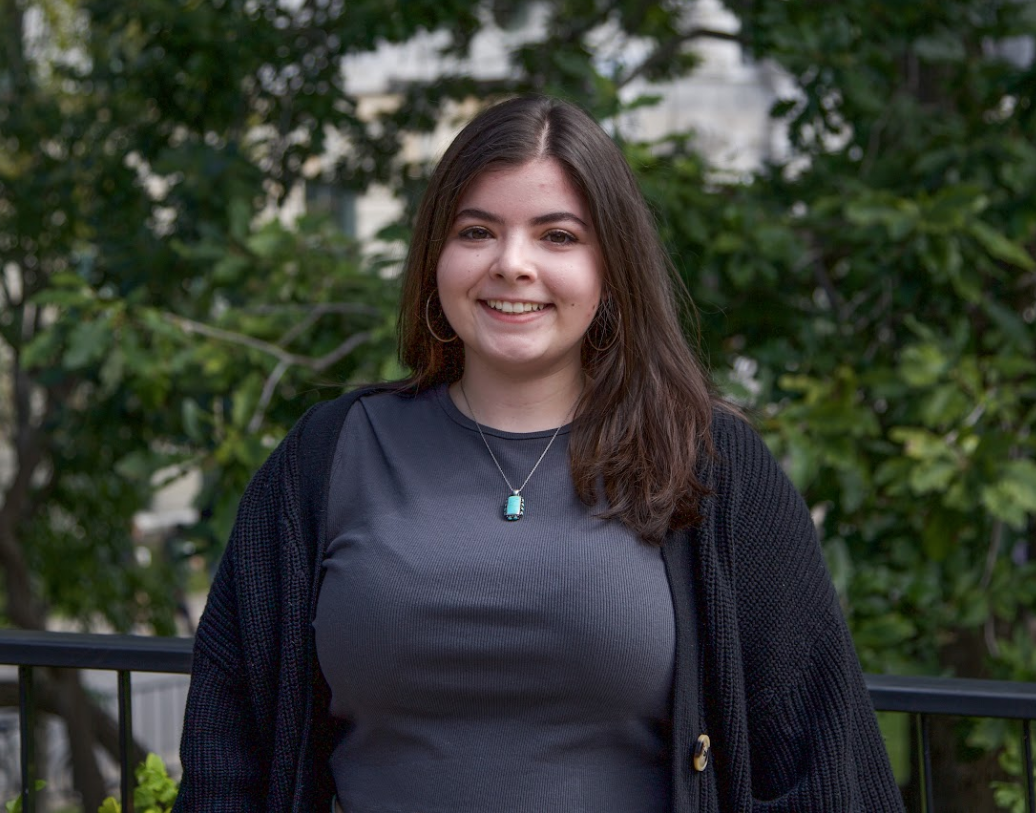“Bachelor Nation,” as the viewership of the sprawling ABC franchise affectionately refers to themselves as, watched in awe and elation during last season of The Bachelorette, when Hannah Brown dramatically sent home Luke Parker—the season’s villain—during week seven. The two had bonded over their shared Christian faith, and Parker had told Brown that he would not want to continue with their relationship if she had slept with any of the other men on the show, as he thought that it was not something a Christian woman should do. Before sending him home, Brown reprimanded Parker, bluntly telling him that, “I have had sex, and honestly, Jesus still loves me.”
Although this was one of the first times in The Bachelor’s 24 seasons that sex had been so explicitly discussed on camera, it was just one of the many instances where the franchise highlighted its deep evangelical Christian roots.
The franchise, which began in 2002, has led to an empire of spin-offs and fan-made media. Each season follows a man or woman who parses through roughly 30 contestants until they pop the big question to the winner. In more recent years of the show, the lead bachelor or bachelorette is selected from the group of contestants in the previous season, allowing the producers to develop their personality and build a narrative for them over the multiple seasons. Often, their characterization is built on idealized American evangelicalism.
Christian leads and contestants have been a routine staple of the franchise: Former contestants Sean Lowe, Jake Pavelka, and Emily Maynard have all been open about their faith. It is interesting to note that the focus on Christianity has only increased as the seasons have progressed, moving past the franchise’s reputation as tawdy low-brow reality TV into the realm of moralism. Not every contestant has been Christian, but on a television network that professes to be secular, the celebration of Evangelicalism and absence of any other faith is striking. It would be remiss of the show to discount contestants by blocking them from expressing their core beliefs, but the disproportionate exposure of evangelicalism is especially conspicuous given the franchise’s nearly two decades on-air.
Pushing the Christianity of contestants could be a ploy to appeal more to the show’s established audience. A 2019 study revealed that the primary audience of The Bachelor is situated in Southeastern and Midwestern America, with hotspots of viewership in Tennessee, Arkansas, Mississippi, Louisiana, and Oklahoma—all of which have Christian populations ranging from 79 to 84 percent. It makes sense that the show would prominently feature Christianity to appeal to these demographics.
However, the logic of appealing to core audiences has seemingly become a crutch for the franchise to use as an excuse for their multifaceted failures in diversity. The Bachelor franchise has been rightfully criticized for its lack of overall diversity, especially during the past year by audiences and online groups like the Bachelor Diversity Campaign. The lack of religious, racial, and cultural representation is symptomatic of the show’s systemic discriminatory structures, as people from different religions have stories and practices that would not fit as neatly into the franchise’s limited culture lens. Of course, a reality show will never truly reflect the real world, but that doesn’t mean The Bachelor franchise must limit itself to the fantasy it portrays.
The issue is not simply that every lead of the show has been Christian, but that other faiths are erased and unmentioned. In a Huffington Post article interviewing a number of former contestants about The Bachelor franchise’s lack of diversity, Season 13 bachelor Jason Mesnick discussed how his Jewish heritage was ignored in his season. He revealed that many scenes with Jewish traditions were filmed for both his season of The Bachelor and his televised wedding, but none of it ever aired.
It was made abundantly clear this past summer that it is time for The Bachelor franchise to change. Along with racial diversity, religious plurality is a paramount trait that must be featured in the future of The Bachelor.











The most recent Bachelorette and Bachelor were/are rabidly Christian. Going so far as to do a “group prayer” on the first night. I am all for religious freedom, as in, you get yours and I get mine and we do not impose them on each other. ABC has some serious issues.